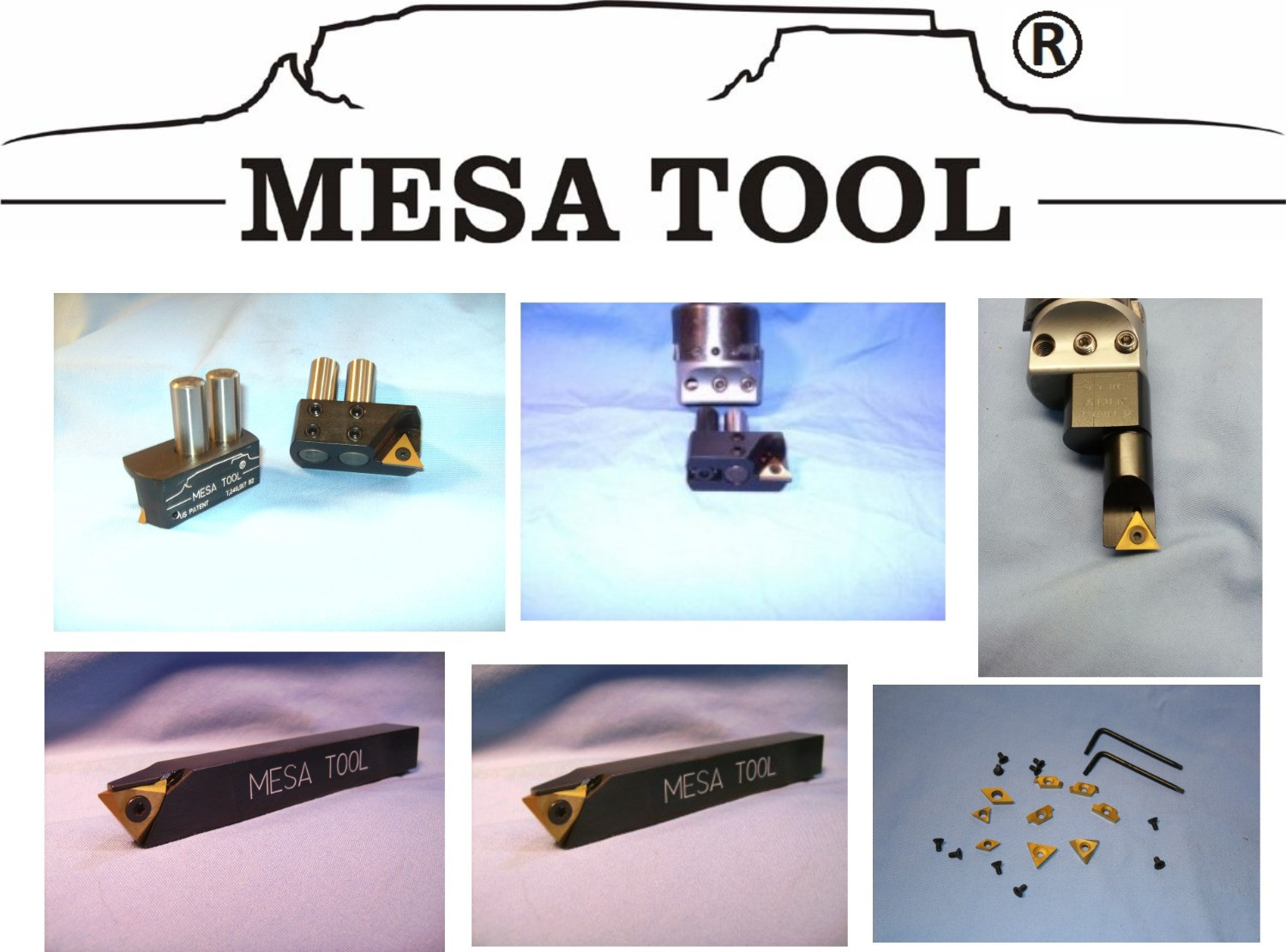- Joined
- Apr 30, 2015
- Messages
- 11,318
Get an 8" caliper if you can afford it- the extra two inches really comes in handy sometimes
While it is fun buying tools, When I got my lathe I was in the same boat as you are. Your best bet is to just buy tooling as you find a need for it. I have a 13x40 and have never yet needed bits more that 3/8 square, I do mostly small parts, and or light cuts. I do have a bunch of bigger tools that are still new in the box after 15 years. (No I am not getting rid of them or I will need one tomorrow) I ended up with the big tooling from a package deal at a shop closing down.
The basics are a 0-1 micrometer, a 1-2 micrometer, and a 6 inch caliper, get more as you find a need for it. By getting things as required you are more likely to spend a bit more for higher quality and get the things that you really need. Yes in the begining the big brown truck driver will get to know you well.
As mentioned, grinding bits is part of using a lathe, it is not a separate hobby but an intertwined part of using a lathe, just like knowing how to use the measuring tools is a part of it. Sharpening a tool bit is literally just a couple of minutes once you learn how it should look.
Thanks mikey and mmcmdl,
The lathe is a PM1340GT. I have a BXA tool post. My current tool holders (I only have 5 to start) will hold up to 5/8". The boring holder is 3/4". I will need to get more tool holders but at this point, I have not made my first chips so I'm just looking for a starting point. I can only imagine how big the world will seem once I start cutting.. I just don't want to buy tools that I find out I will never use because of something that I had no idea about at this stage. For now I will just be playing for the most part and maybe making some knobs and screws and such just for practice so I can learn.
Ultimately I will be turning, facing, parting, making slight tapers, and making tenons and threading. I intend for a chuck of the work to be done on stainless barrels for my own use. Most threads will be OD threads but I will also make thread protectors which of course will be ID threads. I appreciate the brazed carbide tooling suggestion, I had not looked into those and did not know you could stone them back to a nice cutting surface. I will check into that as well.
Am I to assume the carbide is better for internal threading because its much stiffer and can be a narrower tool to fit into tight places but not have the flex that narrow HSS would?
Thanks again

Ted, the problem that I have often seen with Chinese carbide is that there is not enough relief or clearance ground to stop the tool from rubbing below the cutting edge(s). Once properly ground, they work just fine, no complaints. But most of my usage has been on internal tools, so YMMV.When I first got my lathe I bought several of the Chinese brazed carbide lathe tools to start with (plus I had quite a bit of HSS) and that turned out to be a big mistake. I'm sure there are differences in quality from different manufacturers, but the ones I bought were junk. Ted
Ya Bob, you are absolutely correct about the relief. The tools I bought are virtually unusable without grinding some relief. Most of the issues I had with the ones I bought were fracturing of the carbide. Admittedly, some of that problem may have been from my grinding technique, but even after doing some research about proper grinding techniques, I still had pretty poor performance. Like you said, YMMV.Ted, the problem that I have often seen with Chinese carbide is that there is not enough relief or clearance ground to stop the tool from rubbing below the cutting edge(s). Once properly ground, they work just fine, no complaints. But most of my usage has been on internal tools, so YMMV.
